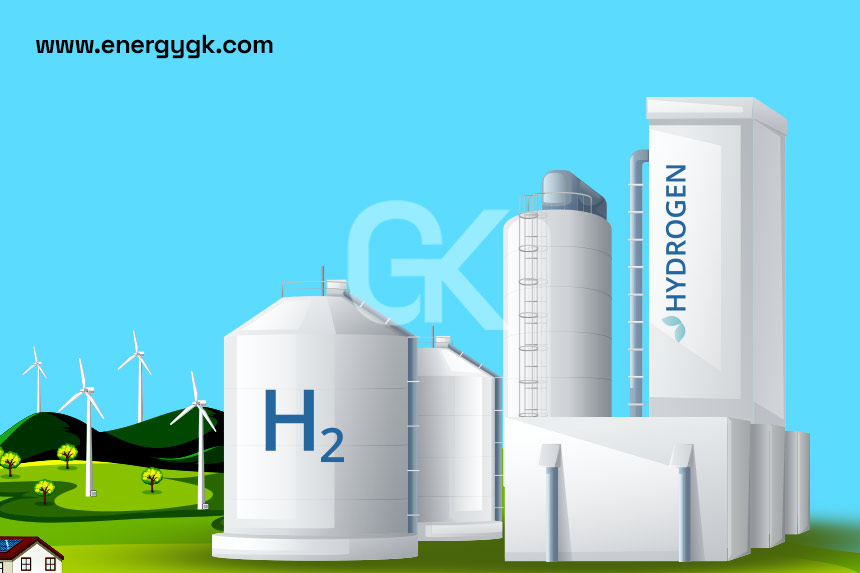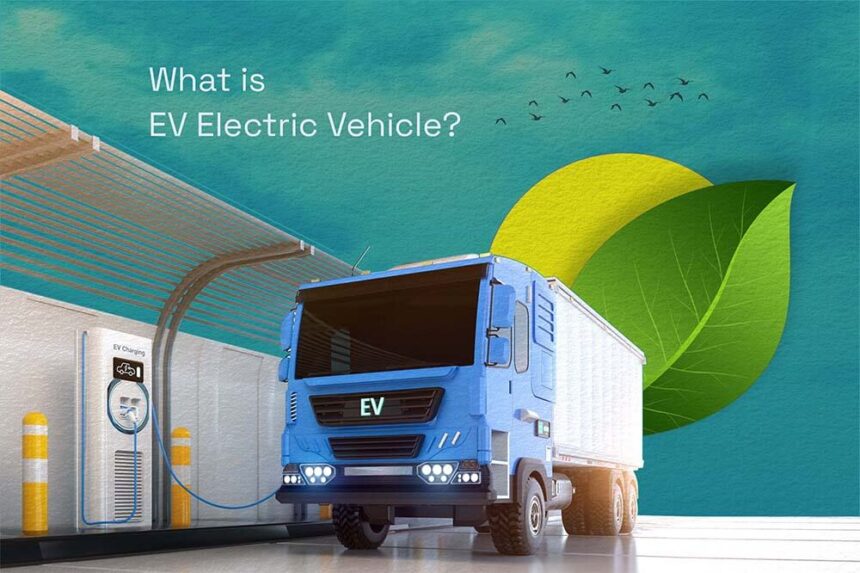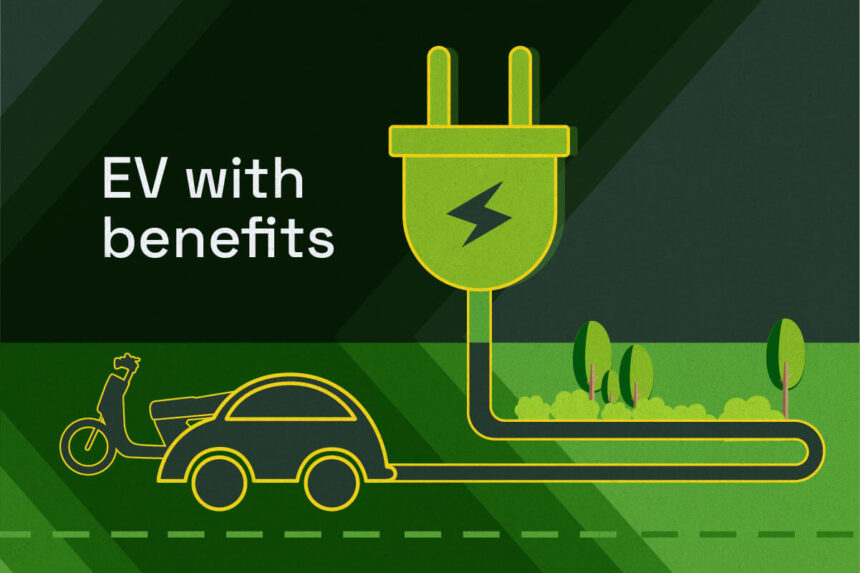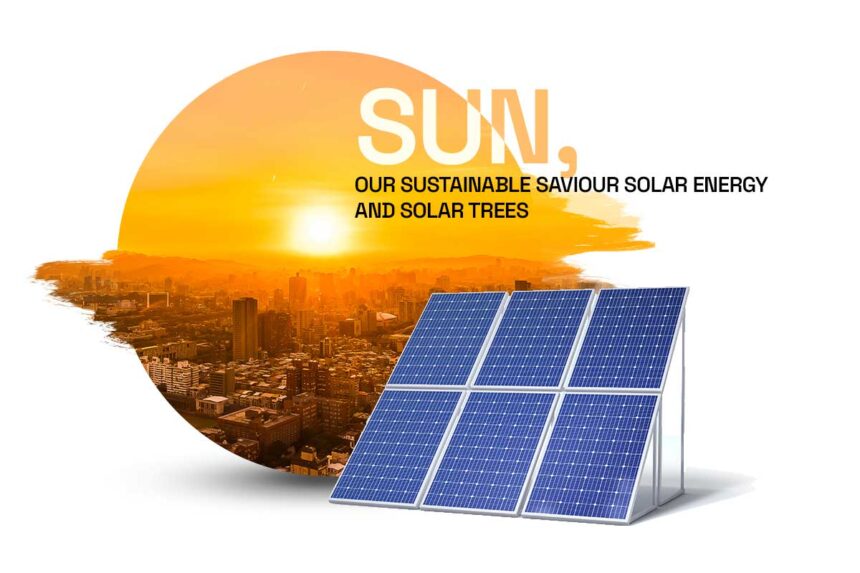Solar energy is one of the most well-liked and practical choices as the globe shifts more and more toward renewable energy sources. The answer to the frequently asked question Does solar work in all climates? is unquestionably yes but there are some subtle differences. Lets investigate how solar energy works in various climate scenarios.
Recognizing Solar Power. Using photovoltaic (PV) cells solar panels use sunlight to generate electricity. These solar-powered cells can power buildings commercial buildings and even massive power grids by absorbing sunlight and producing an electric current. Solar panels efficiency is contingent upon the quantity of sunlight they receive and this can fluctuate according to factors such as location climate and seasonal variations.
Solar Energy for Various Climates. warm sunny climates. Sunlight-rich regions like deserts and tropical regions are ideal for solar panel generation because they can produce large amounts of electricity. PV cell efficiency can be lowered by excessive heat though. Still because these regions have a lot of sunny days solar panels there usually generate more energy each year.
Climates with clouds and rain. Its a common misconception that solar panels cannot produce electricity on cloudy or rainy days. They still generate power even though their efficiency is lower than on sunny days. The top users of solar energy are nations with cloudy weather such as the United Kingdom and Germany. chilly snowy regions. In frigid climates solar panels can function well. Actually at lower temperatures photovoltaic cells perform better. Additionally snow can reflect sunlight onto the panels boosting their power output. But a buildup of snow can momentarily obstruct sunlight. By allowing snow to slide off solar installations can be designed with an appropriate tilt to help mitigate this problem.
Windy and coastal regions. Strong winds and salt spray are common in coastal areas which may shorten the lifespan of solar panels. Contemporary solar panels are designed to resist inclement weather such as strong winds and seawater corrosion. Best practices in these areas can be guaranteed by appropriate upkeep and routine cleaning. The solar efficiency-affecting factors.
The following factors affect solar panel efficiency in varying climates:.
Exposure to Sunlight: Solar panels produce more electricity in direct sunlight. Areas nearer the equator typically experience more continuous sunshine throughout the year.
Temperature: Although solar panels are capable of operating in warm climates high temperatures can reduce their effectiveness. Although extreme cold can also pose difficulties lower temperatures can improve performance.
Panel Orientation and Tilt: Optimal sunlight exposure is ensured by proper orientation and tilt. Geographical location and seasonal sun path affect this. upkeep: To get rid of dirt snow and other debris that can block sunlight regular upkeep and cleaning are essential.
Conclusion
An energy source that can function well in any climate is solar power which is flexible and adaptive. Efficient solar energy harvesting is now feasible regardless of geographical or climatic conditions thanks to developments in solar technology and panel design. Solar power continues to be a dependable and sustainable way to meet our energy needs regardless of the climate—sunny deserts overcast skies chilly winter landscapes or windy coastal regions. Global adoption of solar technology will only rise as long as we keep innovating and improving it advancing our transition to a cleaner and more sustainable future.






